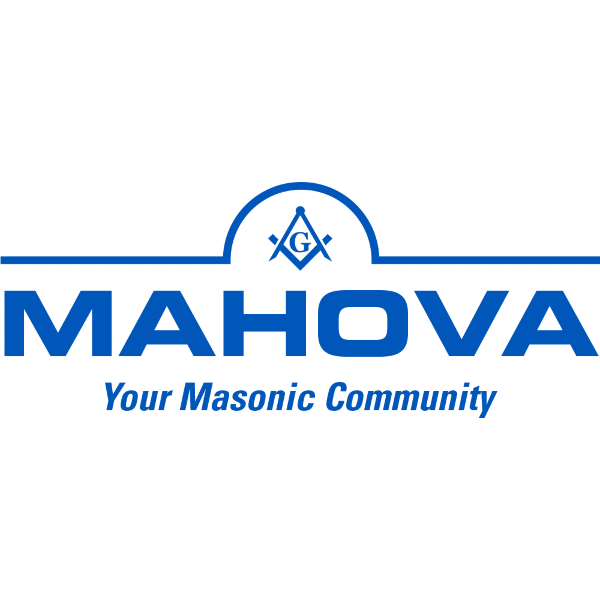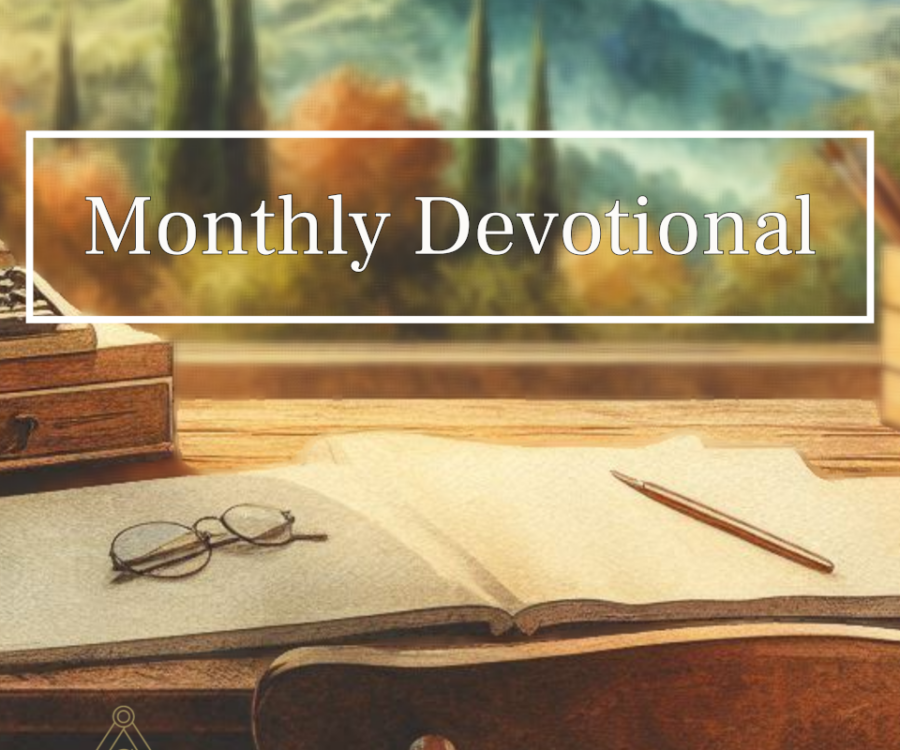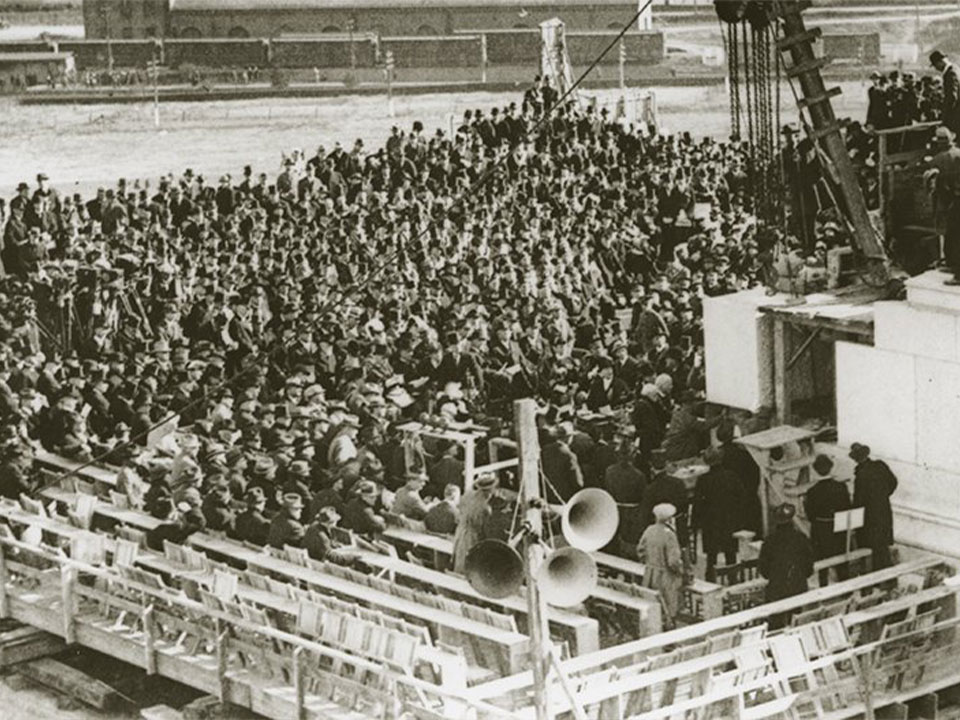
2023 Cornerstone Event
December 19, 2021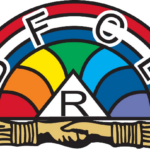
MAHOVA Rainbow Garden
June 6, 2024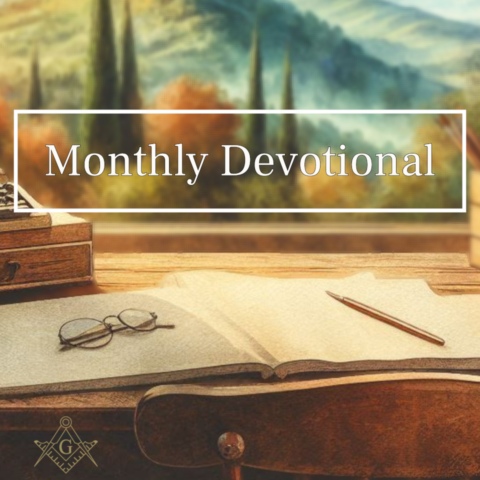

This monthly devotional has been approved by the Grand Master, Most Worshipful Jack Kayle Lewis. It is the latest in a series discussing Biblical references in our ritual.
Achieving Unity and Harmony
“Behold how good and how pleasant it is for brethren to dwell
together in unity.” King David wrote those familiar words in Psalm 133
after he had united Israel, including those rebellious Ephraimites from the
Fellowcraft Degree. What is the importance of unity to a Masonic
Lodge? Just as precious ointment was used to consecrate Aaron as High
Priest and cover him all over with its fragrant scent, so does unity provide
blessings and comfort to all Freemasons. Unity occurs when all parts fit
together properly for a common purpose, such as in King Solomon’s Temple, where
the Entered Apprentice Degree teaches that it had more the appearance of the
handiwork of the Supreme Architect of the Universe than of human hands.
In the Master Mason Degree, the trowel spreads brotherly love and affection and
unites us into one sacred band or society. A similar concept is harmony,
which comes from how well those different parts fit together. We say that
harmony is the strength and support of all institutions, we forbid all immoral
or unMasonic conduct that may disturb peace and harmony, and we close our
Lodges in ancient peace and harmony. In our closing charge, we are
advised to be all of one mind, which means not that we should all think alike,
but that we should be like-minded in achieving our purpose. If we are to
be a brotherhood of man under the fatherhood of God, then the achievement of
unity and harmony is one of our most important goals.
So, how did King David achieve this unity and harmony? As
our Grand Master has dedicated this year to Building Better Leaders, these
lessons are more relevant than ever. First, David was a man of patience,
faith, courage, and humility, a man after God’s own heart. He was
anointed to be King when he was a 15-year-old shepherd boy, yet then returned
to the fields and waited patiently for his time to arrive. A few years
later, he went to visit his brothers before a battle against the Philistines,
where he beheld nine-foot-tall Goliath and asked, “who is this man who defies
the armies of the living God?” Armed only with a sling, five small
stones, and the intense faith that God was with him, he struck Goliath
down. King Saul asked David to be his servant, and he did so humbly and
obediently, still relying on God’s promise that he would be King someday.
When Saul decided to kill him out of jealousy, David fled to caves and the
wilderness, still trusting in God’s protection. Many of the Psalms that
David wrote occurred during this time, when he was pleading for God’s
assistance and support. He often inserted the word “Selah”, which may
mean something like “Hallelujah” or “pause to praise God”. When David
finally became King at age thirty, he surely embodied the Masonic teaching,
“Time, patience, and perseverance will accomplish all things.” David also
had a humble and repentant heart. He was all too human, subject to the
same weaknesses that plague us, and committed horrendous sins that caused him
trouble until the end of his days. The Master Mason Degree mentions one
of these, when David met and appeased the Destroying Angel on Mount Moriah,
where King Solomon’s Temple was later consecrated. But David was quick to
admit his sins and beg for mercy, and his greatest statement of repentance is
found in Psalm 51. And so another Masonic lesson is that, when we make
mistakes as leaders, we must quickly admit them, have a repentant heart, listen
to counsel and learn from them, and work to make amends to heal the
situation. David’s example teaches us that God is full of grace and
compassion, slow to anger and full of mercy, and we would do well to achieve
unity and harmony among ourselves by being the same with each other.
Selah!
Thomas L. Varner Jr.
Grand Chaplain

